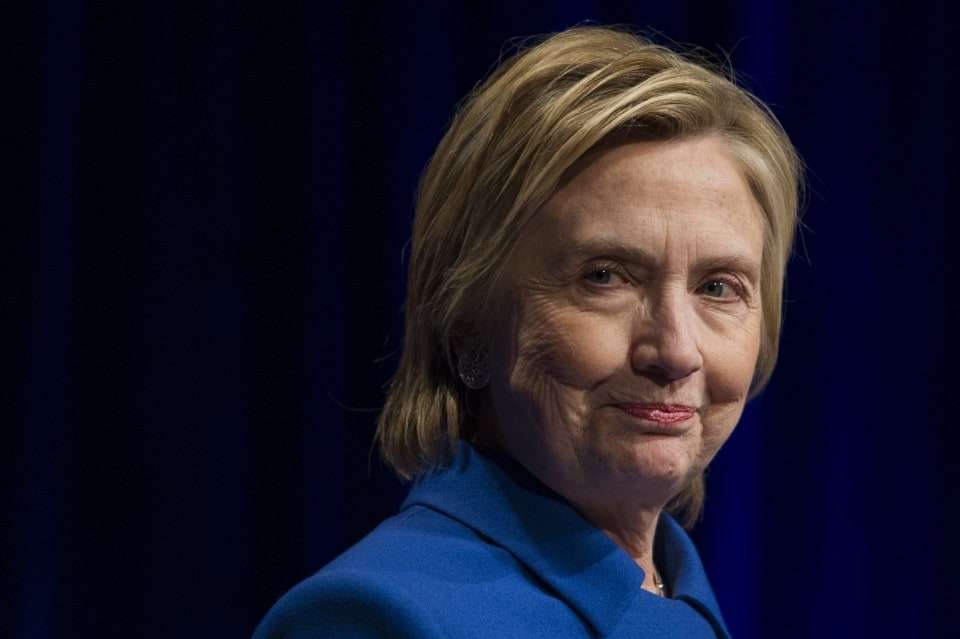The Volokh Conspiracy
Mostly law professors | Sometimes contrarian | Often libertarian | Always independent
The dangers of living in a political-ideological bubble, Clinton campaign edition

Among the many postmortems on the Clinton campaign, many have noted that Hillary Clinton substantially underperformed expectations among independent and Republican suburban women. Why did the campaign expect to do better? Partly because of Donald Trump's, shall we say, checkered past with regard to women, but also because the campaign believed that women would be mobilized by the prospect of the first female president - remember, for example, how the campaign victory party was going to feature confetti shaped like glass shards (to symbolize the "broken" glass ceiling)?
I know quite a few people (men and women) who were, in fact, excited by the prospect that Clinton would become the first female president. Every single one of them, however, was a dedicated Democrat who would have voted for Clinton regardless. I didn't come across a single independent or Republican friend, in "real life" or in social media, who found the breaking-the-glass-ceiling meme the least bit compelling. Indeed, some found it off-putting that the Clinton campaign seemed to want them to vote for her in part because she was a woman.
By contrast, almost everyone I knew, even die-hard conservatives, were at least a bit excited in 2008 that Barack Obama had the opportunity to become the first African American president. Indeed, for many who opposed him, it was something of a consolation; their preferred candidate lost, but they were proud and happy that the American public was willing to elect a black president.
Why didn't members of the Clinton campaign pick up on the fact that there were few votes to be gained from the first-female-president theme? I suspect it's because they and just about everyone they socialized with were, like my liberal Democratic friends, excited by this. Living in the liberal bubbles of elite New York and Washington, they significantly overestimated how much this excitement was shared by the public at large.


Show Comments (0)